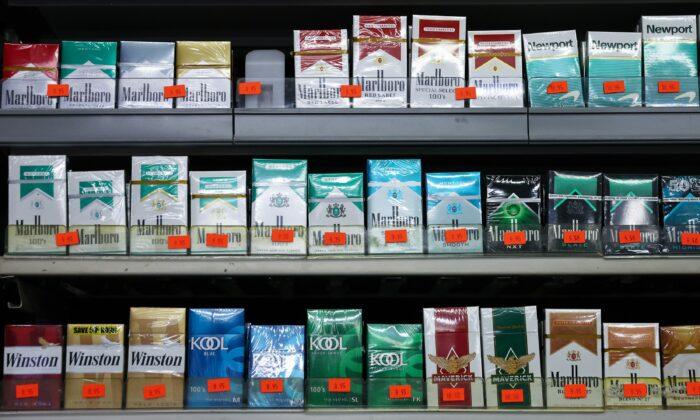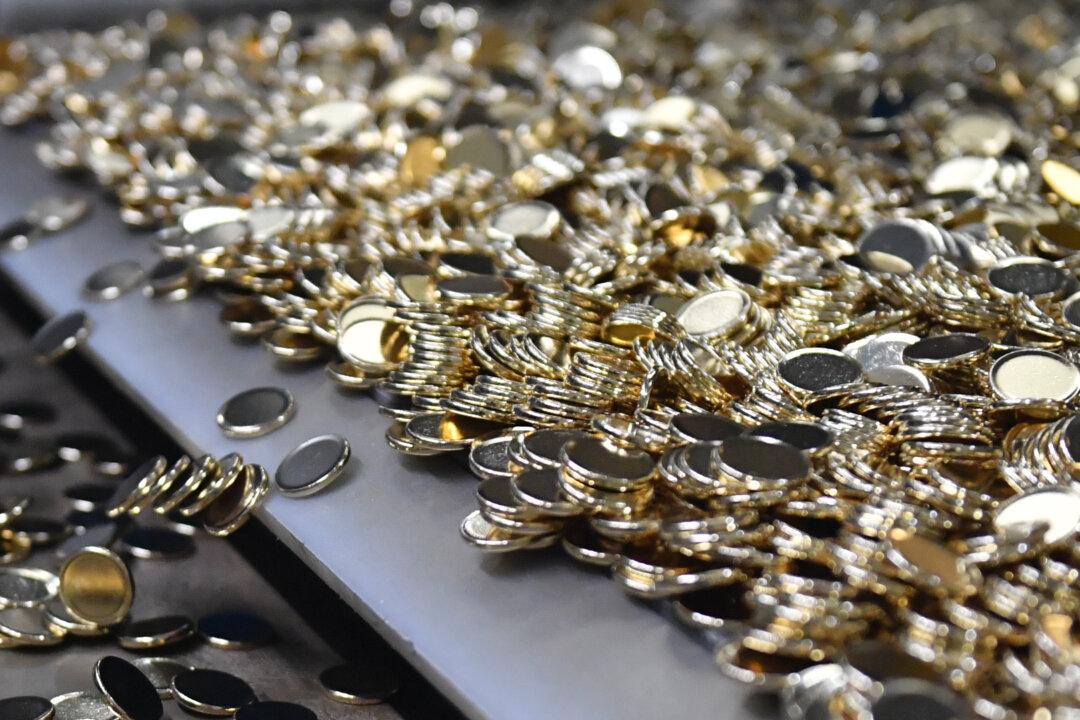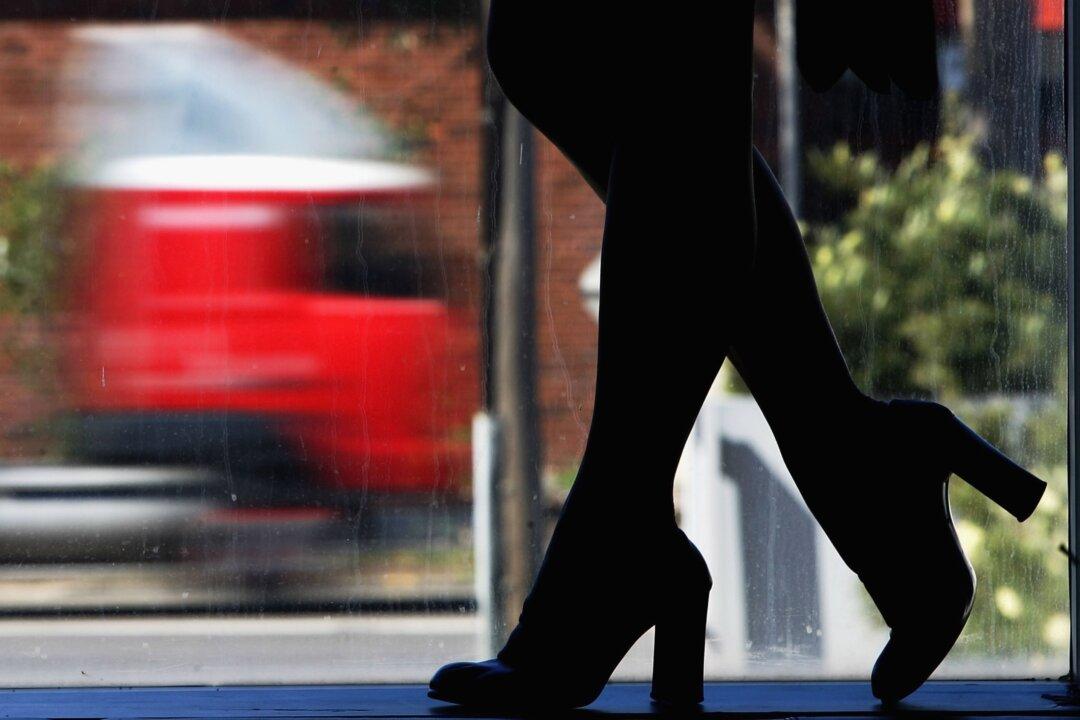The Australian government has announced a new round of tobacco tax increases as it introduces strong measures to reduce the number of people smoking and vaping.
During a speech at the National Press Club on May 2, Health Minister Mark Butler announced that from this September, the federal government would lift tobacco tax by five percent a year over the next three years.
The same tax rate will apply to other loose-leaf tobacco products, such as roll-your-own tobacco.
“A higher-priced cigarette is a more unattractive cigarette.”
Under the strategy, the government aims to reduce the percentage of people smoking daily to below 10 percent by 2025 and to five percent or less by 2030.
It is expected that the tax rise will add $3.3 billion (US$2.2 billion) to the federal budget’s bottom line over the next four years, including $290 million of GST payments to the states and territories.
In addition, the minister introduced a $264 million health program that would provide lung screening services to prevent 4,080 deaths from lung cancer.
Under the program, at-risk Australians can receive a lung scan every two years.
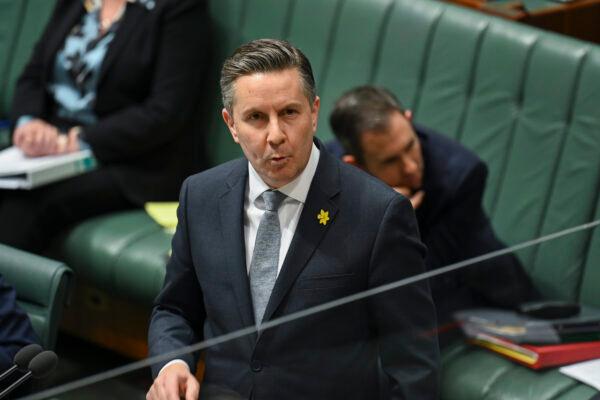
The government also set aside another $239 million to address lung cancer in the Indigenous community by providing cancer care services that were “culturally safe and accessible” to First Nations people.
“Australia needs to reclaim its position as a world leader on tobacco control,” Butler said.
Vaping Crackdown
Apart from announcing a lift in tobacco tax, Butler also outlined the government’s strategies to clamp down on vaping among the population, especially young adults and children.Specifically, the federal government will stop the import of vapes that are not for pharmaceutical use and prohibit the sale of vapes in convenience stores and retail settings.
This means vapes can only be sold as a therapeutic product in pharmacies with the approval of a health professional.
“It was not sold as a recreational product - especially not one for our kids. But that is what it has become: the biggest loophole in Australian history.”
At the same time, the government will increase the minimum quality standards for vapes to tackle the growing black market by restricting flavours, colours, and other ingredients.
Vapes will also be required to have pharmaceutical-like packaging and reduce nicotine concentrations and volumes.
“No more bubblegum flavours or pink unicorn packaging,” Butler said.
“Pharmaceutical-style packaging and devices, with plain flavours.”
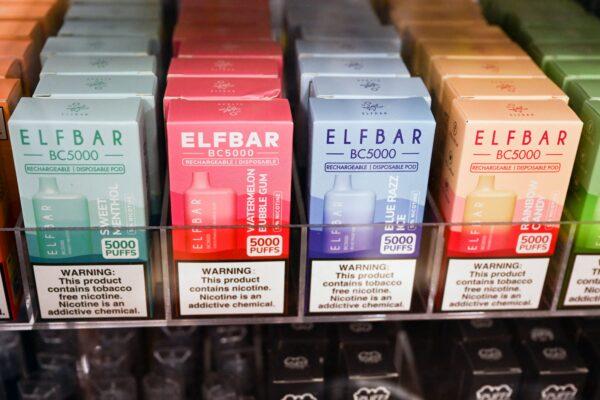
The government will also ban all single-use, disposable vapes and make it easier for people to get a prescription for legitimate therapeutic use.
“Only one in 20 doctors are authorised to prescribe vapes to those who need it. That has to change,” Butler said.
“It will require removing the restrictions on doctors prescribing, so all doctors can write a script for those who really need it.”
Meanwhile, the government said the May 9 budget would include $63 million in spending for a public health information campaign to discourage Australians from taking up vaping and smoking.
Opposition and Medical Body Welcome Move
Following the health minister’s announcement, Opposition Leader Peter Dutton expressed willingness to support measures to reduce vaping among Australians.“There is a significant problem in our country; it needs to be addressed,” he said.
“I don’t want to see vaping as a gateway into smoking, and I want to see us prioritise the health particularly of young people. So we will support sensible measures, but we haven’t seen anything yet from the government by way of detail.”
The Australian Medical Association (AMA), a peak professional body, welcomed the government’s move, saying it would help deter more widespread uptake of vaping and smoking.
“Banning the retail sale of vapes will help to prevent our children and younger people from taking up vaping and developing a nicotine addiction.”
Meanwhile, Alcohol and Drug Foundation CEO Erin Lalor said most Australians used unregulated vaping products without knowing what they contained.
“Some people who vape, including young people, maybe unknowingly consuming nicotine and have formed a dependence,” she said.
